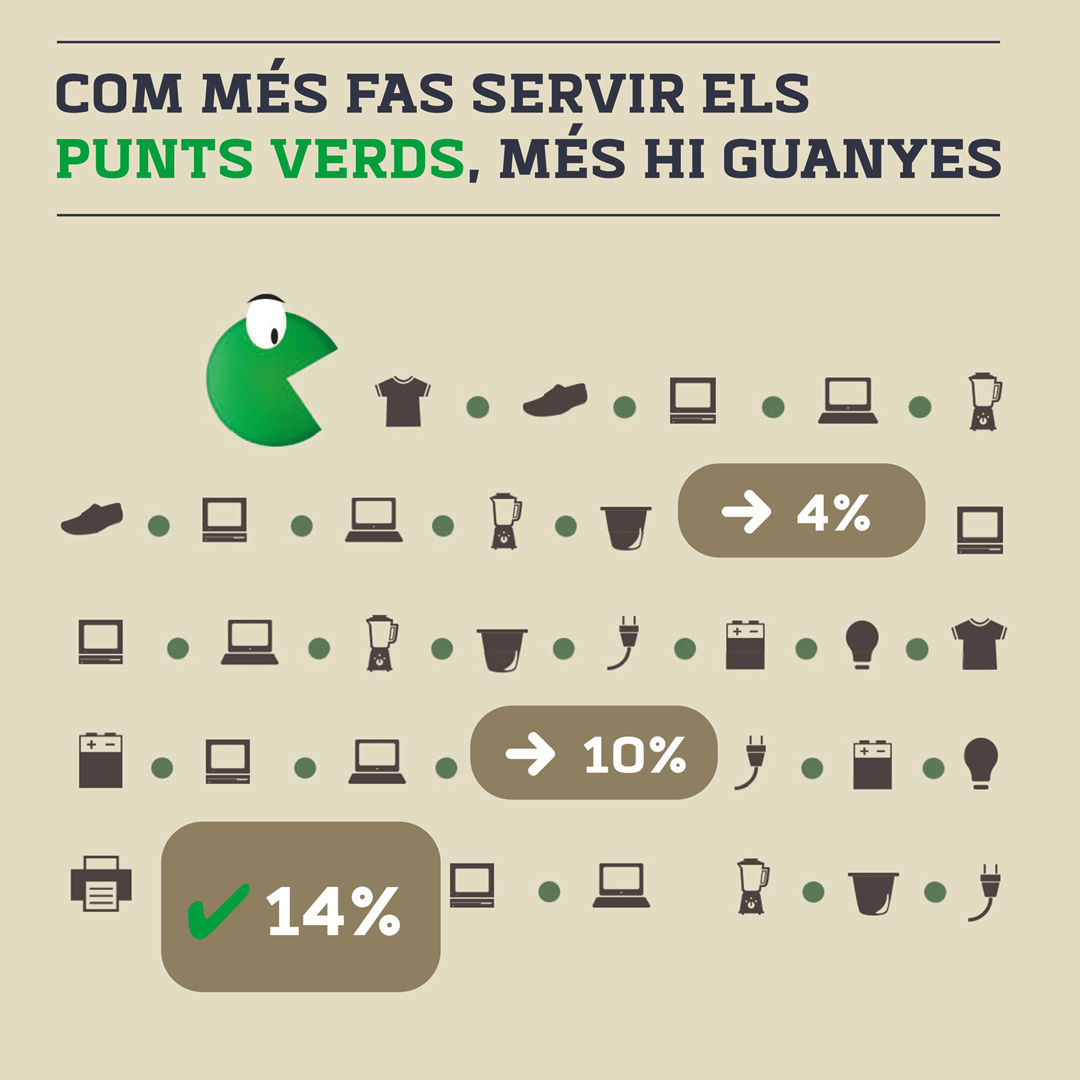- Home
- / Waste collection
- / Zero Waste
Zero Waste
The Zero Waste Strategy adopted in 2016 aims to improve the quality of recycled products and, more specifically, of organic matter. This is to be done by reducing the amount of waste produced, reusing products and efficient recycling of waste. And all this in accordance with the motto of the Zero Waste Strategy: the best waste is the one that isn't created in the first place.
With this strategy, Barcelona city is aiming to reach a level of selective collection of close to 60%, in line with the requirements of both the European Union and the Catalonia Waste Management Plan. As at 2020, the city as a whole has a selective waste collection level of around 36%.
For years now, Barcelona’s companies, organisations and associations have been driving a wide range of waste reduction actions, ranging from reducing waste to reusing it in the production cycle or reintroducing it into the natural environment.. According to the study ‘L’Economia Verda i Circular a les polítiques de l’Ajuntament de Barcelona’ [The Green and Circular Economy in the Policies of Barcelona City Council] carried out by Estudi Ramón Folch, a total of €603 million is moved in Barcelona each year as a result of public green and circular economy policies, giving rise to 6,600 jobs.
The waste prevention and zero waste strategy is based on:
- Waste reduction (prevention)
- The reuse of waste (giving it a second life by means of exchange or repair)
- Improving selective collection, especially in terms of organic matter
- Citizen co-responsibility, so that the general public gets involved in the optimal management of waste.
The Climate Emergency Declaration (1 January 2020) reasserts Barcelona city’s commitment to the reduction of greenhouse gas emissions through waste management improvement measures:
- reviewing environmental taxation in the field of waste to give discounts for prevention and selective collection
- extending the door-to-door collection service
- establishing the Zero Plastic board with public and private operators for the eradication of single-use plastic in the city.
Quick reference guide: Recycling as a menas to tackle climate emergency (in Catalan).
In 2012, Barcelona City Council approved its Waste Prevention Plan with the aim of fostering the reduction of waste in the city, involving all relevant players (the general public, companies, shops, organisations, associations and government bodies) in order to move forward towards a city that produces less waste, is more efficient in its use of resources and shows a greater internalisation of environmental costs.
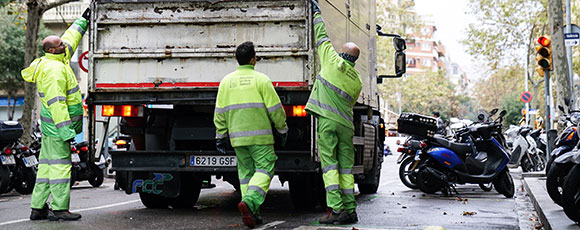
Waste collection fee
The fee for the collection of municipal waste from private homes is an environmental tax used for the proper management of the household waste produced in the city.
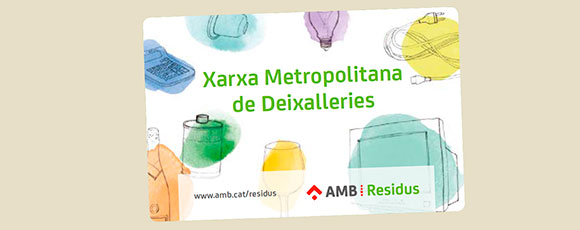
Green point user card
The Green point user card allows you to get a double discount on the two waste-related fees that are included and paid on the water bill.
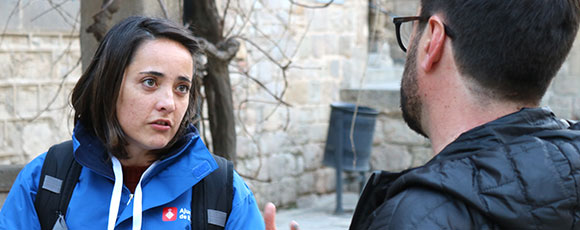
Frequently asked questions - Waste fee
Do you have questions about how the fee works, how it is paid or how to get discounts? Here you are some questions/answers to make it clear.
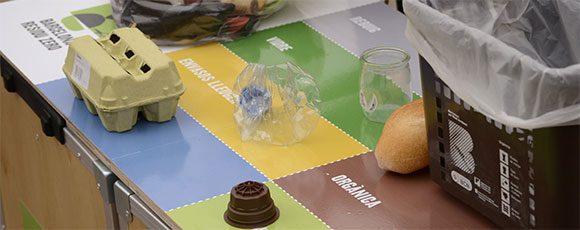
Zero Waste Strategy
The zero waste philosophy is based on the challenge of progressively reducing the generation of waste until everything is reintroduced into the production cycle or natural systems.
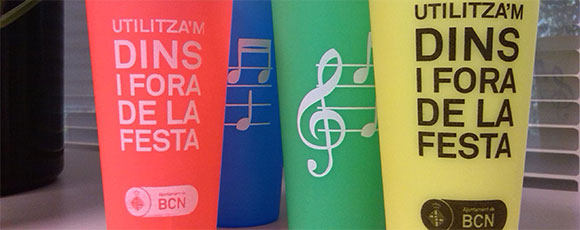
Prevention
The development of the concept of prevention includes the zero waste strategy and the circular economy. It is based on the reduction of waste products, reuse (exchange + repair of appliances), recycling and co-responsibility.
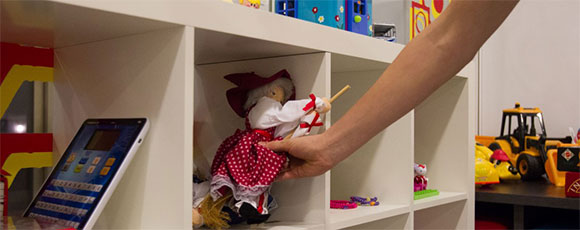
Reuse
It is possible to modify the general public's perception in favour of prevention and reuse, by using communication strategies based on both their inherent social and environmental values, just like the most traditional economic and commercial attractions.

Selective waste collection
Given the wide range of uses and functions of the city's buildings, facilities and public areas, there are various kinds of waste collection adapted to the peculiarities of each one, in terms of both the amount and type of waste. Domestic, commercial, markets, other collections, Green Points and bulky waste.
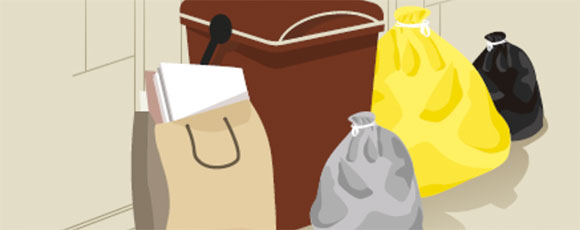
Door-to-door collection in Sarrià
Sarrià's Old Quarter is deploying the city's first ever door-to-door waste-collection system.
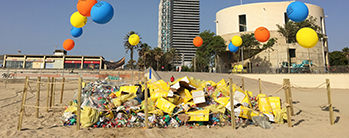
Twenty tonnes of rubbish left on the eve of Sant Joan
The city's beaches are the scene of very intense activity on Sant Joan’s Eve. Over 60,000 people celebrate the occasion on the beaches.

